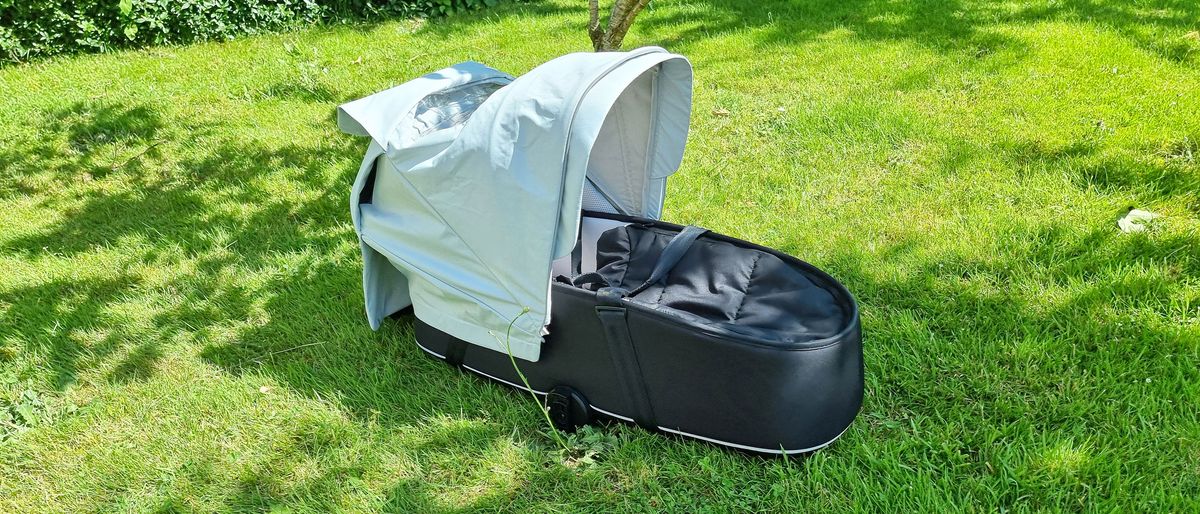Fashion designer Kenneth Cole is still in fashion more than 40 years after launching his eponymous brand — and he credits New York City for forcing him to get scrappy early in his career and keeping him relevant decades later.
“Every day you get up and and you have to kind of rethink what you do and where you go and and how to get there and how to make it important and what you’re going to encounter along the way,” Cole, 70, said of the city he’s so closely associated with. “People ask me if I grew up here and I often respond, no, but I intend to.”
Over the years, the Kenneth Cole brand has sold not just fashion but big ideas. His advertisements have sometimes eschewed photos of clothes to instead focus on messages like “144 million Americans made a huge impact on the last election. They didn’t vote” and “Fashion advice: if you haven’t worn it in a year given it to someone who will.”
“I believe if you take this sort of business principles and infuse them into the philanthropy, they become so much more impactful … you create something so much bigger than the sum of its parts,” Cole said. “We set out to make an impact in people’s wardrobes, but even more so in the communities and in people’s lives.”
Cole’s impact is explored in a new documentary, “A Man with Sole” — playing this week at the Doc NYC film festival — that reflects on how the designer built his career through grit and innovation.
“This is somebody who just hit the ground running at the top of the game,” director Dori Berinstein explained of Cole’s 1982 launch. “He was scrappy.”
Born in Brooklyn to parents who owned a shoe manufacturing company, and raised on Long Island, Cole learned the family business but wanted to take it to the next level.
At just 28, with a new shoe line, Cole knew he needed to attract attention at the New York Shoe Expo — but he wasn’t able to afford space on the showroom floor. So he borrowed a large truck and found a way to keep it parked outside the show — where attendees couldn’t miss it. He got a production license and pretended to be filming a movie.
The hard-working hustler sold pairs 40,000 shoes to retail buyers in just two days.
“Kenneth has used New York as an incredible backdrop for his storytelling,” Berinstein said. “It’s kind of the backdrop of everything he does.”
Cole said that, living here, you don’t really have a choice: New York City, in his estimation, is sink or swim.
“New York is a cultural hub and so much energy comes out of here and it’s very fast paced and everything happens very quickly,” Cole said. “But how do you succinctly, specifically talk to people? New York kind of pushes that in us.”
For him, the answer came in the form of smartly-placed Manhattan billboards — a way to gather tastemakers’ attention decades before social media.
Early messaging focused primarily on reducing the stigma around AIDS — what he considered to be the biggest humanitarian crisis of the 1980s.
An early campaign with the slogan “We All Have AIDS … if one of us does” featured everyone from actors like Will Smith and Elizabeth Taylor to singers like Sir Elton John and Alicia Keys to notable political figures like Nelson Mandela and Desmond Tutu.
By 1994, Cole had expanded the line to include men’s and women’s apparel, opened 50 stores and took the company public that year.
Along the way he married Maria Cuomo — the sister of former New York State governor Andrew — with whom he shares three children.
By the early 2000s, the company reached a $850 million valuation. But Cole decided he wanted to focus on design and advertising rather than investor meetings and earnings calls. In 2012 he took the company private to spend more time on philanthropy as well as operations.
“Everything is easier as a private company,” he said. But perhaps more importantly, “The difference between public and private? Public companies look at advertising as an expense … as a private business you look at it as an investment.”
His most recent project reflects a maturity to his approach as well — since 2021 he has brought in 27 companies including Facebook, Snapchat and Google to launch the Mental Health Coalition (MHC), with the goal of raising awareness and providing resources to help people struggling with depression and anxiety.
But he is still using his signature approach of provocative ads and messaging to change minds with some notable signs and slogans, “F*** NORMAL” is one. “1 in 4 have a mental health condition. 4 in 4 are affected” is another.
He’s pushed products like Instagram’s “reality check meter” that encourages influencers to be honest with followers about how they’re really feeling.
Cole acknowledges that social media has contributed to mental health issues, but he is ready to give big tech a chance to make a change.
“They’re the cause of much of the mental health struggle out there,” he said. “And they very much would love to be part of the solution.”
This story is part of NYNext, a new editorial series that highlights New York City innovation across industries, as well as the personalities leading the way.














